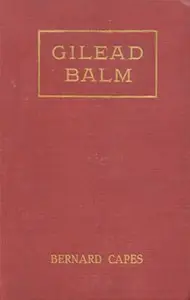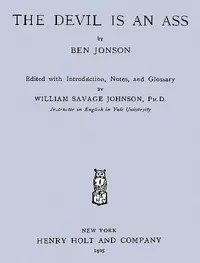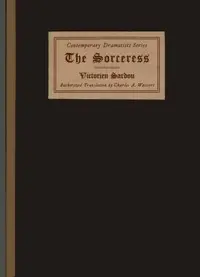"Fanny and the Servant Problem" by Jerome K. Jerome is a play written during the early 20th century. The story revolves around Fanny, a music-hall singer who has just married Lord Bantock, Vernon Wetherell, and the challenges she faces in adapting to her new life among the aristocracy, including her interactions with the household staff, whom she discovers are her own relatives. The opening of the play introduces Fanny on the eve of her arrival at Bantock Hall with her new husband, Vernon. As the scene unfolds in Lady Bantock's boudoir, we see the nervous excitement of Vernon's aunts, the Misses Wetherell, as they prepare for Fanny's arrival, questioning her suitability as a wife due to her profession as an actress. Fanny's subsequent interactions reveal her apprehensions about being accepted in her new role, especially given the fact that her new servants are actually her relatives. The dialogue presents a mix of humor and tension, highlighting the contrasts between her past life and her current status, setting the stage for the dramatic and comedic conflicts that will follow as she navigates this new world. (This is an automatically generated summary.)

Fanny and the Servant Problem
By Jerome K. (Jerome Klapka) Jerome
"Fanny and the Servant Problem" by Jerome K. Jerome is a play written during the early 20th century. The story revolves around Fanny, a music-hall sin...
Jerome Klapka Jerome was an English writer and humorist, best known for the comic travelogue Three Men in a Boat (1889). Other works include the essay collections Idle Thoughts of an Idle Fellow (1886) and Second Thoughts of an Idle Fellow; Three Men on the Bummel, a sequel to Three Men in a Boat; and several other novels. Jerome was born in Walsall, England, and, although he was able to attend grammar school, his family suffered from poverty at times, as did he as a young man trying to earn a living in various occupations. In his twenties, he was able to publish some work, and success followed. He married in 1888, and the honeymoon was spent on a boat on the River Thames; he published Three Men in a Boat soon afterwards. He continued to write fiction, non-fiction and plays over the next few decades, though never with the same level of success.


















